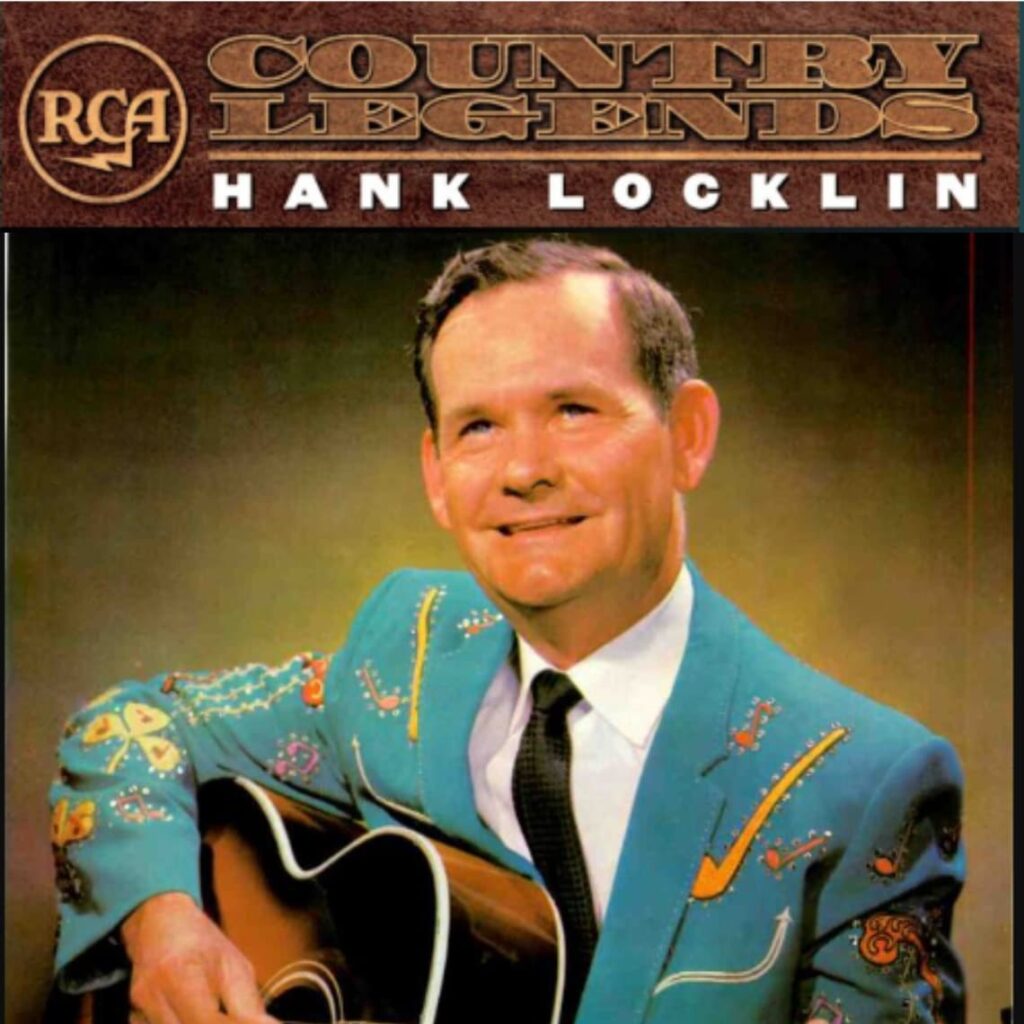
The Melancholy Confession of a Man Struggling to Resist a Forbidden Love.
To be transported back to the spring of 1960, when the airwaves were suddenly blessed with a sound both new and deeply familiar, a gentle confession set to the most irresistible of rhythms. That’s when Hank Locklin, a man whose tenor voice could break hearts from a hundred paces, gave us his immortal signature song, “Please Help Me, I’m Falling.” This wasn’t just another country hit; it was a cultural event, a masterstroke of the burgeoning Nashville Sound that bridged the gulf between the honky-tonk heartache and the sophisticated pop charts.
The statistics alone speak to the seismic shift this recording caused. Released on RCA Victor, “Please Help Me, I’m Falling” rocketed up the charts, becoming Hank Locklin’s second, and most successful, chart-topper. It secured the Number 1 spot on the Billboard Hot Country Songs chart for an astounding 14 consecutive weeks, dominating the genre for the entire summer of 1960. More remarkably, this mournful country ballad did what very few records of its kind could: it made a successful crossover to the mainstream, peaking at Number 8 on the general Billboard Hot 100 pop chart. Its enduring commercial might was later affirmed when Billboard magazine recognized it as the second-most successful country single of the rock and roll era. This success didn’t just sell over a million copies, earning a gold disc; it guaranteed Locklin a lifetime spot, as he was immediately invited to join the revered Grand Ole Opry cast the very same year.
The genius of the song, penned by the talented duo of Don Robertson and Hal Blair, lies in its dramatic premise. It’s the ultimate cheating song—but one focused entirely on the desperate battle before the sin is committed. They conceived of a character wrestling with his conscience, fully aware of his vows (“I belong to another whose arms have grown cold / But I promised forever to have and to hold”) yet powerless against a new, deep affection. Blair reportedly infused the lyrics with reflections on his own marital woes, lending the song its stunning, universal authenticity. The song presents an urgent, emotional paradox: he doesn’t want to be unfaithful, he is simply falling, as if pushed by an unseen force, and he’s begging for a rescue that only he can ultimately provide.
For those of us who remember those days, the sound of the song is as evocative as the lyrics. Producer Chet Atkins, the architect of the Nashville Sound, wanted to capture the distinctive piano style from the demo recording, and he entrusted the task to one of the all-time greats: Floyd Cramer. Cramer delivered the iconic, gently hesitant “slip-note” piano introduction, a signature style where a note is played and then quickly slid to the next. That sliding, graceful movement became the musical metaphor for the singer’s slow, irresistible descent into forbidden love. It was a sound that was at once slick, polished, and full of raw, trembling emotion, proving that country music could be both sophisticated and utterly heartbreaking.
The song is a reflection of the complicated, often messy reality of mid-century life, where devotion warred with discontent. When Hank Locklin’s perfect, high tenor—a voice like a beautiful, tragic violin—cracks with the final, pleading lines, it speaks volumes about the human condition. It’s a moment of utter vulnerability, a recognition that sometimes, the hardest battle isn’t with an external enemy, but with the unruly, aching heart within. It’s a memory we cherish, not because it tells a happy tale, but because it tells a truthful one. “Please Help Me, I’m Falling” is the sound of an honest man losing a moral battle, and in that beautiful, tormented surrender, he won a permanent place in our musical history.